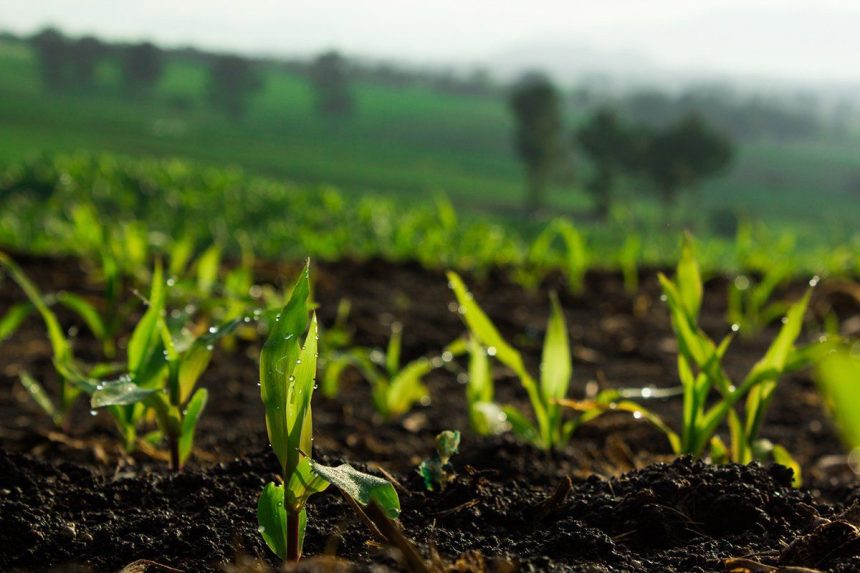Organic sector calls on ministers to prioritise agroecological innovation over techno-fixes
IFOAM Organics Europe is urging EU agriculture ministers to uphold a systemic approach of innovation and sustainability in the food and farming sector, based on agroecology, agronomic scientific knowledge and nature-based solutions. To address the manifold challenges facing our food systems, we need to transition away from input-intensive, short-term fixes, which include the promotion of specific technologies with unproven benefits and potential unintended effects and risks, such as new genomic techniques (NGTs).
In a letter sent to Ministers ahead of the 3-5 September Informal Meeting of the Council of Agriculture ministers, where Member States will hold an exchange of views on the topic of “New technologies for more sustainable and resilient agriculture”, IFOAM Organics Europe argues that a combination of preventive strategies to manage pests and diseases and low input agronomic tools based on interactions already taking place in nature is more likely to bring long-term sustainability and resilience of our farming systems than techno-fixes like synthetic pesticides or gene-edited crops.
According to Eduardo Cuoco, IFOAM Organics Europe director: “Innovation in plant breeding is necessary but it should not be reduced to the use of gene editing technologies, whose alleged benefits for sustainability are currently based on assumptions. Also, a product or an agriculture production system should not be declared “sustainable” solely based on the use of a given plant variety, let alone a trait. Innovation in plant breeding is necessary but it should not be reduced to the use of gene editing technologies”
Cuoco added: “Hopes of benefits based on assumptions should not lead to dismantling crucial biosafety regulations that have so far contributed to the competitiveness of European agriculture and to the quality reputation of European food products both on the internal and on export markets. Maintaining traceability and labelling on the use of gene editing technologies is also key to preventing a takeover of the European breeding sector by the large biotech and pesticide companies that own the patents on GMOs and NGTs, and that use the patent system to build monopolies on genetic material and traits, at the detriment of the hundreds of SMEs that make the richness of the European breeding sector. Policy-makers should pay full attention to who will be the winners and the losers of the promotion of specific technologies. Access to genetic resources, the preservation of a gene pool free of genetic modification and of monopolistic intellectual property rights, and independent breeding capacity are essential for the food sovereignty of the European Union.”



